Dietary supplements have become increasingly popular and around 49% of people aged 57 to 85 years old take at least one supplement, according to a survey of over 3,000 individuals by Harvard Health Publishing. While supplements can provide various benefits, such as enhancing productivity or slowing the aging process, it is important to consider personal goals and potential side effects before taking them.
To determine the best supplement for your needs, it is crucial to ask a few questions, such as how the supplement can help you, the recommended dosage, and when to take it. Additionally, it is important to be aware of any potential issues that may arise from taking a specific supplement. The Office of Dietary Supplements has created a form that you can download and fill out with important information about any potential supplements you consider to help you keep track of their effects.
1) NAC (N-Acetylcysteine)

Registered Dietitian Mary Sabat recommends N-Acetylcysteine (NAC) as a potent antioxidant supplement that provides numerous health benefits and should be included in most people's supplement list. According to Sabat, NAC is particularly useful for people with liver and lung disorders as it helps to reduce inflammation and improve the body's detoxification processes.
In addition, NAC may support cardiovascular health, improve cognitive function, and reduce symptoms associated with some mental health conditions, Sabat explains, adding that it has been used to fight COVID-19 and long COVID symptoms.
A review published in the Cell Journal also recognized NAC as a powerful antioxidant that can help with various conditions, while highlighting that it is a safe and well-tolerated supplementary drug without any significant side effects.
2) Quercetin
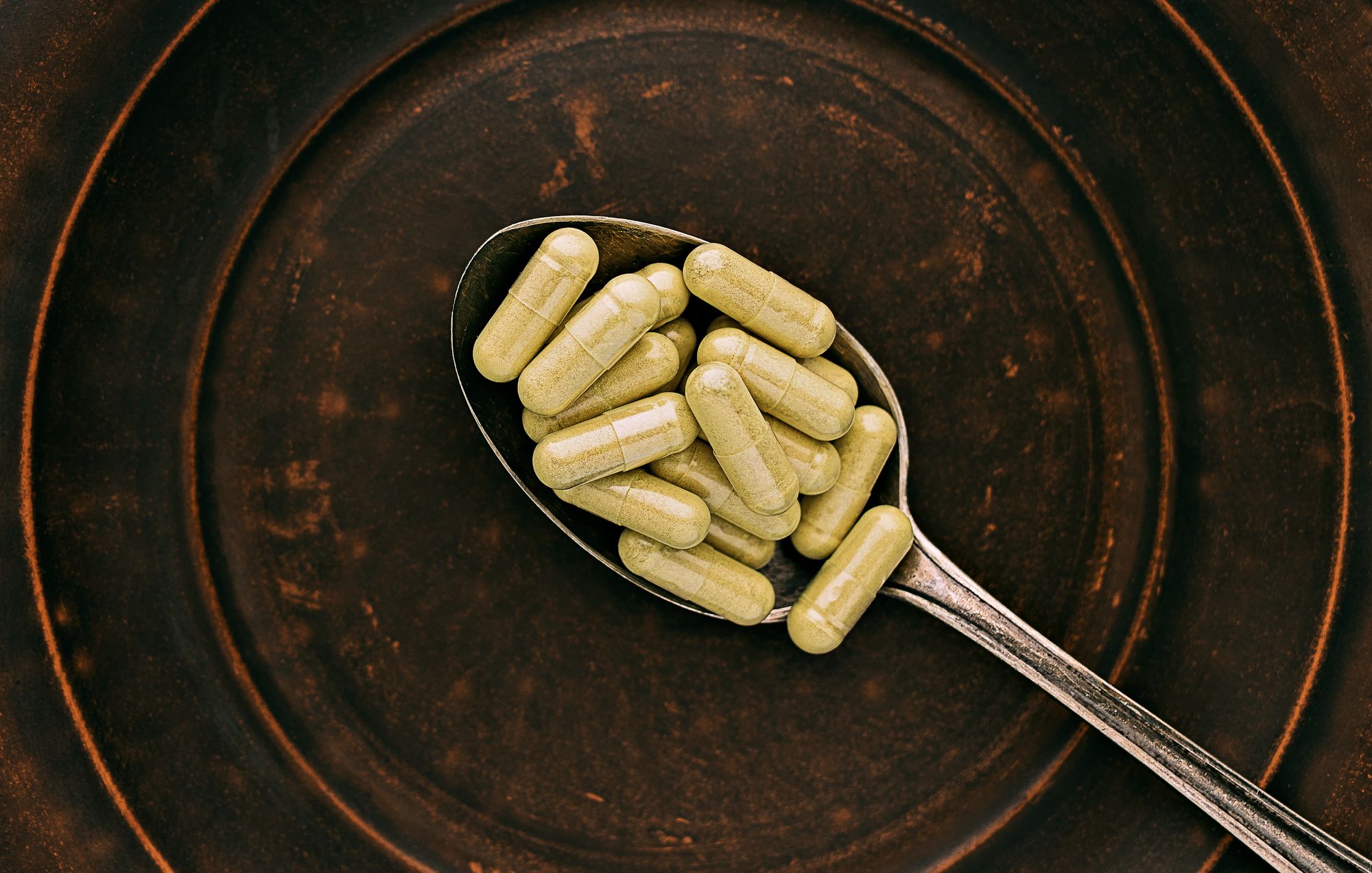
According to Mary Sabat, MS, RDN, LD, "Quercetin is another potent antioxidant that is often overlooked when it comes to supplementing. It is most recognized for being a zinc ionophore, meaning it helps zinc enter the cell."
Sabat explains that quercetin is a flavonoid that naturally occurs in many fruits and vegetables. It has potential health benefits such as reducing inflammation, enhancing the immune system, and safeguarding against oxidative damage. It may also help treat conditions like hay fever, prostate cancer, and diabetes. Furthermore, it is thought to decrease the risk of heart disease and cancer.
According to Nutrients' study, quercetin has broad biological actions, including antiviral, anti-inflammatory, and anti-carcinogenic activities.
When taking quercetin supplements, they can be in the form of pills, capsules, or added to water before drinking, as per the Icahn School of Medicine at Mount Sinai.
3) Cat's Claw
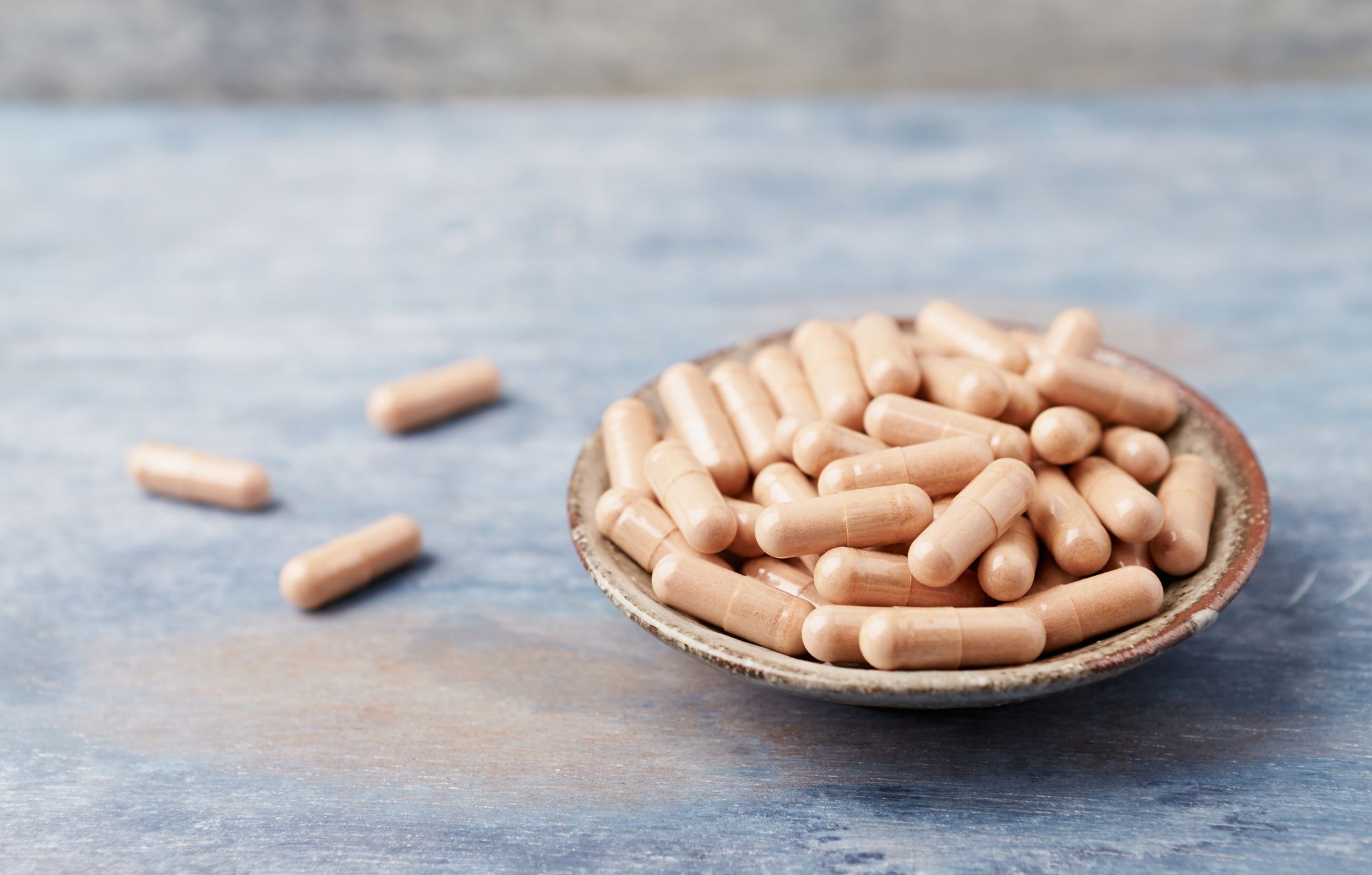
Cat's claw, a herbal supplement derived from the Uncaria tomentosa, is known for its immune-boosting, antioxidant, and anti-inflammatory properties, according to Mary Sabat, MS, RDN, LD, a registered dietitian. "It is believed to help with a variety of ailments, including digestive issues, arthritis, and even cancer," Sabat adds. "Some studies suggest that it may also help reduce inflammation in the body and fight infections by boosting the immune system."
Before adding cat's claw to your supplement regimen, it is important to ensure that you are purchasing the correct product. Be mindful that cat's foot or devil's claw are not the same as cat's claw.
4) Omega-3
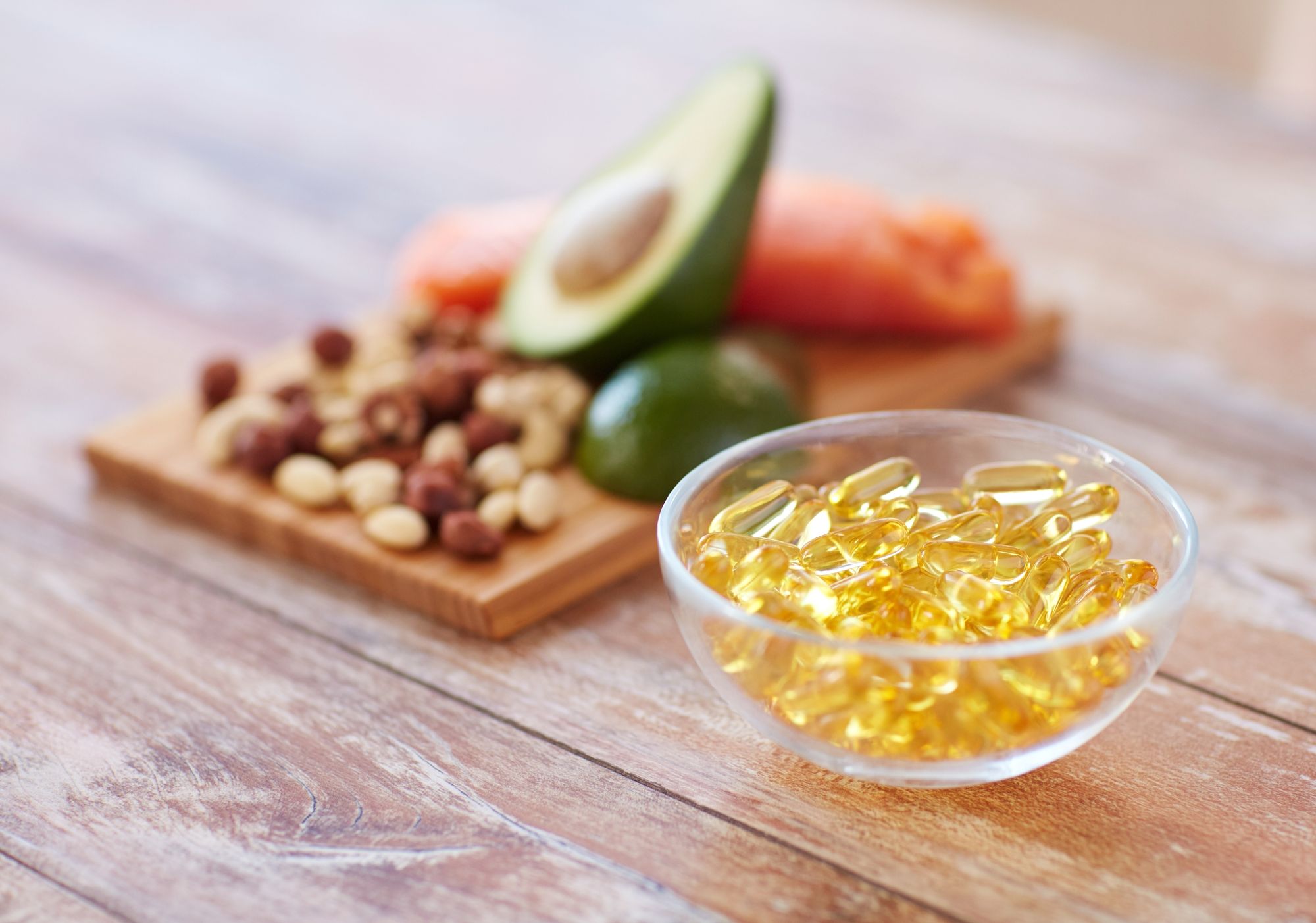
Omega-3 fatty acids are a powerful supplement that everyone should consider taking, according to Erin DeMille, MS, RD. "Eicosapentaenoic acid (EPA), in particular, has been found to have potent effects on cognition, mood, inflammation, immunity, and heart health," she says.
DeMille explains that these anti-inflammatory fats must be obtained through the diet because the body cannot produce them on its own, which is why they are known as "essential fatty acids." She adds that "most people do not get enough Omega-3s from their diet alone, making it a nutrient that can benefit from supplementation."
The National Institutes of Health lists several types of omega-3 supplements, such as fish oil, fish liver oil, krill oil, algal oils, and flaxseed, so it's important to choose the best one for your needs.
5) Magnesium

Magnesium is an essential mineral that has numerous benefits, including aiding digestive processes, protein formation for genetic expression, muscle movement, DNA repair, and nervous system regulation, according to Erin DeMille, MS, RD. It can also be helpful with stress, recovery, and sleep. Magnesium supplements containing a good magnesium formulation can be very beneficial for many people. Magnesium glycinate is recommended for sleep, while magnesium citrate can help regularize bowel movements.
Unfortunately, most people in the standard American diet aren't getting enough magnesium through food alone. However, it is important not to overdo it with magnesium supplements, as taking too much can lead to nausea, abdominal cramping, and diarrhea, according to the Mayo Clinic.
6) Psyllium Husk
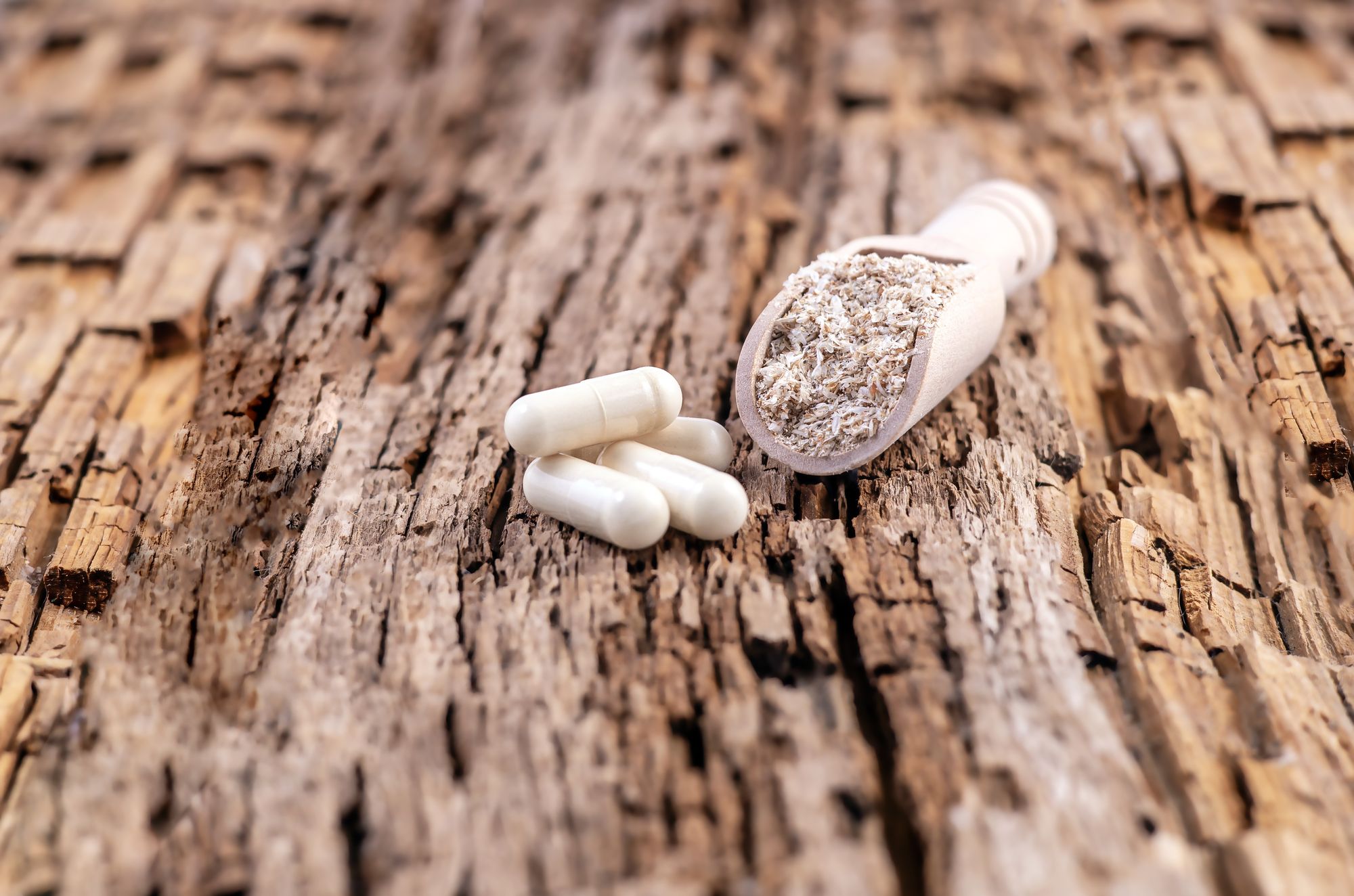
According to DeMille, psyllium husk is a potent supplement, even though it may not be palatable. You may have encountered this supplement as the primary ingredient in Metamucil, Fiberall, or Cilium, among other laxatives.
However, DeMille states that psyllium husk has other benefits, including reducing cholesterol, improving digestion, reducing the risk of diseases such as heart disease and colon cancers, and regulating blood sugar.
"It's a supplement that addresses a lot of concerns with just one effective daily dose," DeMille says. "It's a supplement that should be incorporated early on and maintained as part of the routine. I suggest it to many of my clients of all ages."
7) Vitamin D
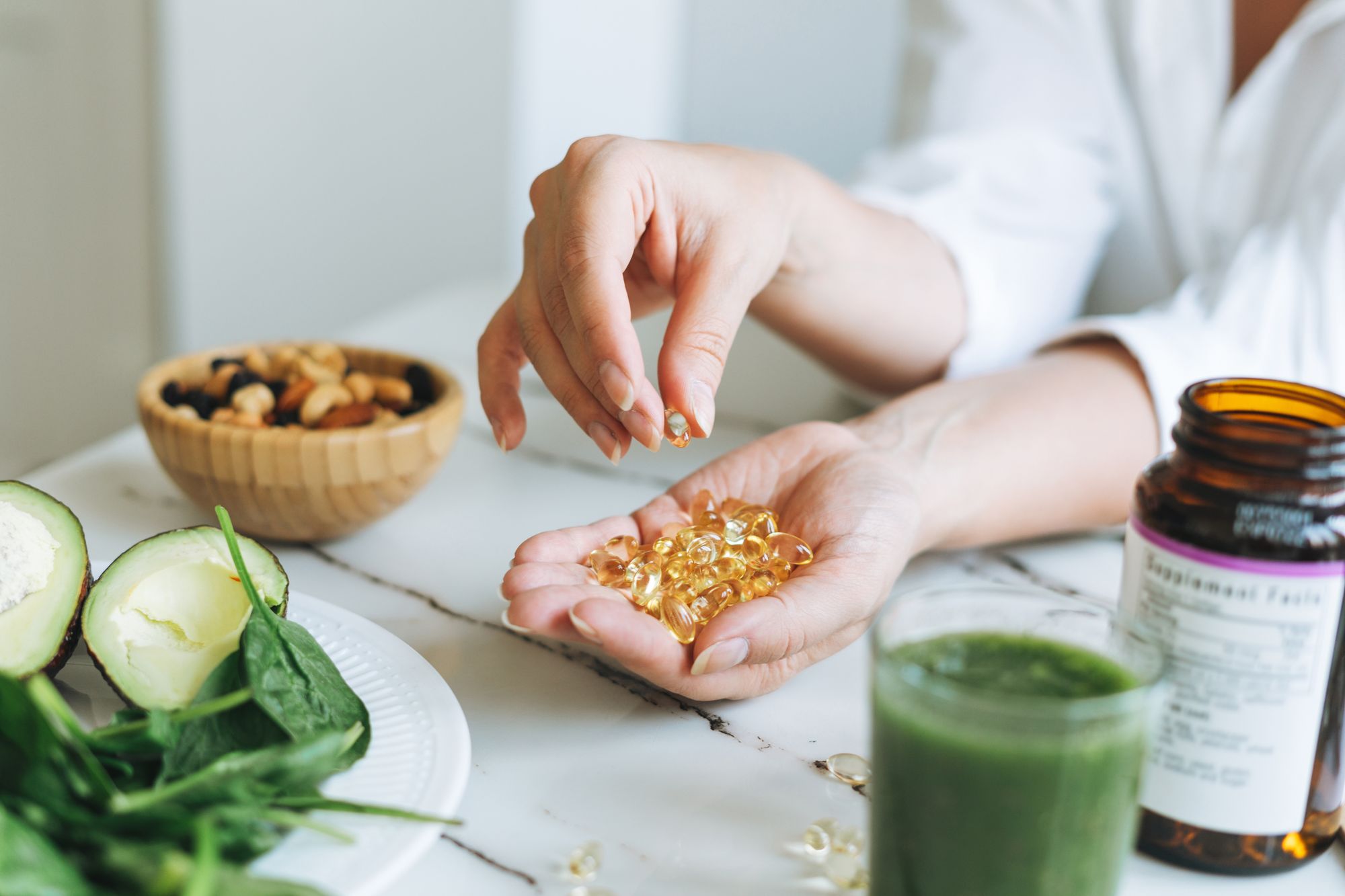
Registered Dietitian Johna Burdeos explains that vitamin D is a crucial nutrient that supports bone health, immune function, and other important bodily processes. Despite its significance, many people may not be getting enough of it in their diet.
According to Burdeos, several groups of people are at a higher risk of having low vitamin D levels, including home-bound individuals, older adults, people who don't get much sun exposure throughout the year or cover up completely outdoors, people with darker skin, people living in larger-sized bodies, and those who have undergone bariatric surgery.
Studies have shown that approximately 35% of American adults have a vitamin D deficiency, and the same can be said for about 1 billion people worldwide. Burdeos explains that vitamin D is naturally occurring in only a few foods, such as fatty fish (salmon, tuna, sardines), beef liver, and egg yolks. While it is fortified in some foods such as milk, yogurt, soy milk, orange juice, and cereal, those who do not consume enough of these vitamin D-rich foods are at risk of deficiency and could benefit from taking a supplement.
8) Probiotics
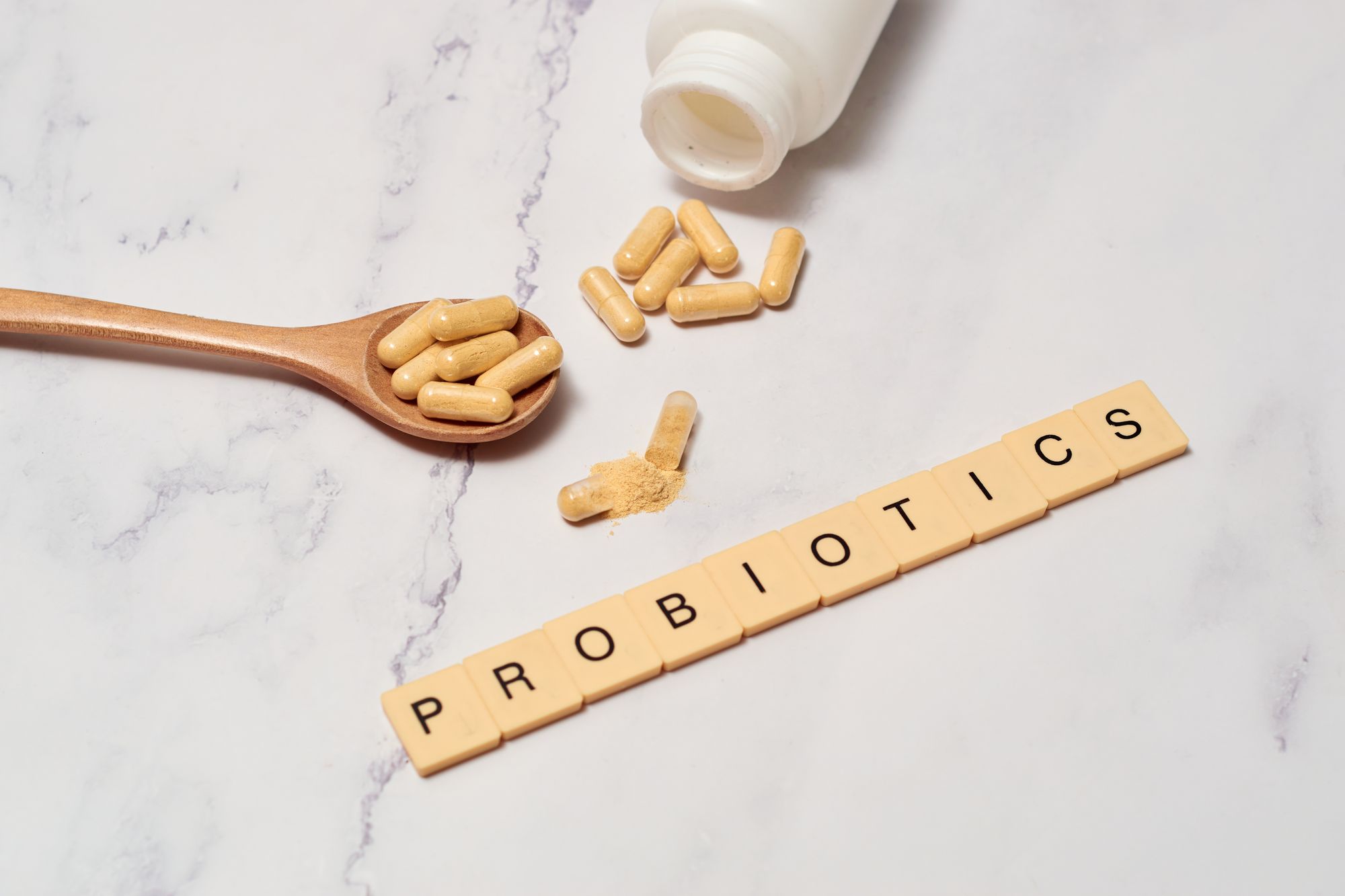
According to Burdeos, it might be worth considering taking a probiotic supplement, as "there is increasing evidence that probiotics offer potential health benefits such as better digestion, immune system support, and reduced inflammation."
"While fermented foods like yogurt, kefir, sauerkraut, kombucha, kimchi, miso, and pickles are rich in probiotics, if you don't enjoy eating these foods, it's worth speaking with your healthcare provider to determine if probiotic supplements would be beneficial for you," she explains.
9) Vitamin K2
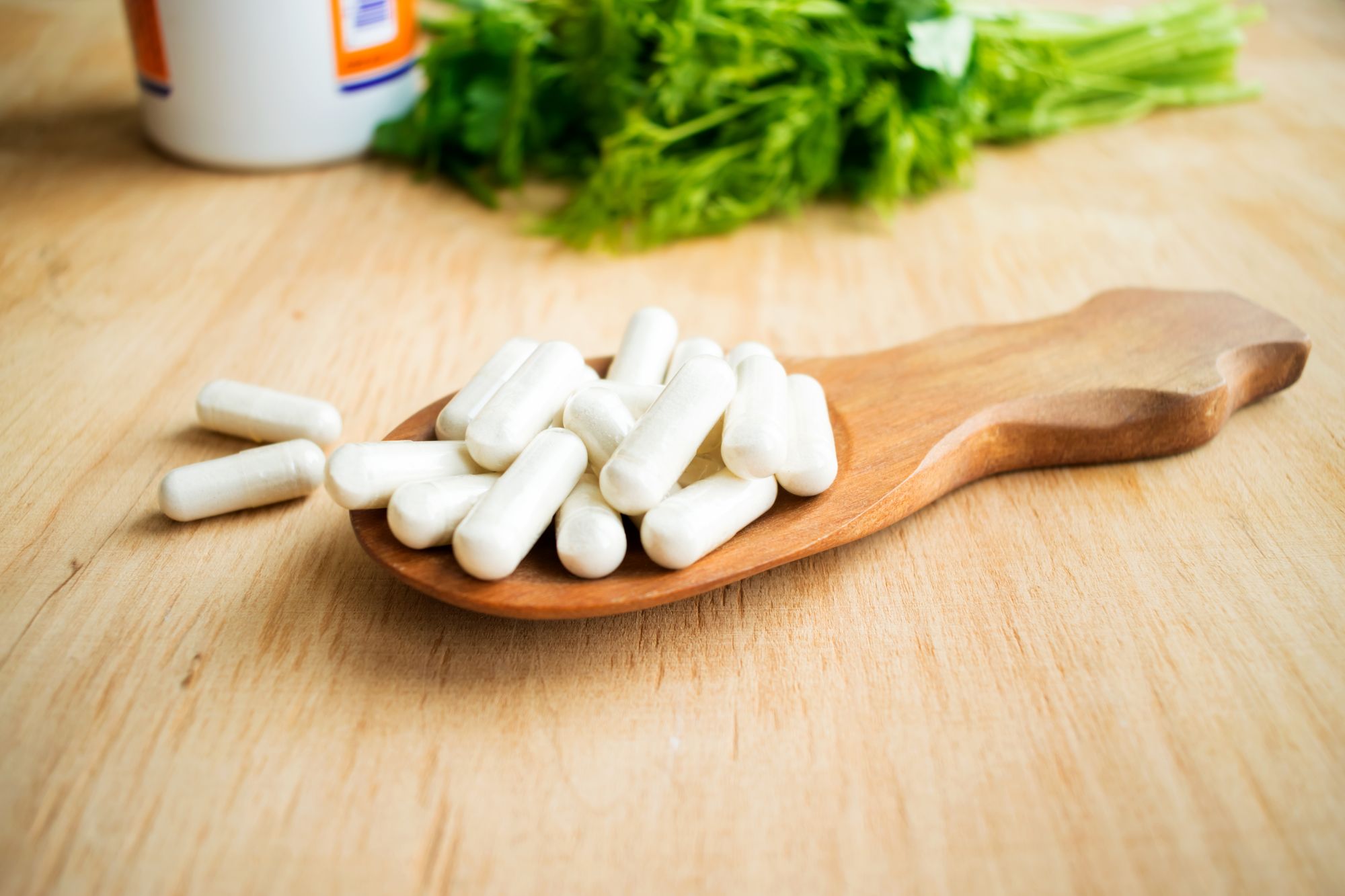
Registered dietitian Megan Wong, from AlgaeCal, states that vitamin K is important for health, particularly vitamin K1 and vitamin K2. While both aid in blood clotting, vitamin K2 (especially in the MK-7 form) also contributes to healthy bones and a healthy heart.
According to Wong, "Vitamin K2 MK-7 acts as a traffic controller for calcium. It directs calcium to your bones and prevents it from accumulating in unwanted places like your arteries." That's why vitamin K2 is associated with a lower risk of heart disease, as well as the prevention of osteoporosis and fractures.
Unfortunately, it's difficult to consume enough vitamin K2 MK-7 through diet alone, as it's primarily found in cheese and fermented soy foods. Therefore, Wong recommends taking a supplement. Even if you're consuming a healthy diet, it's unlikely that you're getting enough vitamin K2, which is rare in Western diets.
10) Calcium
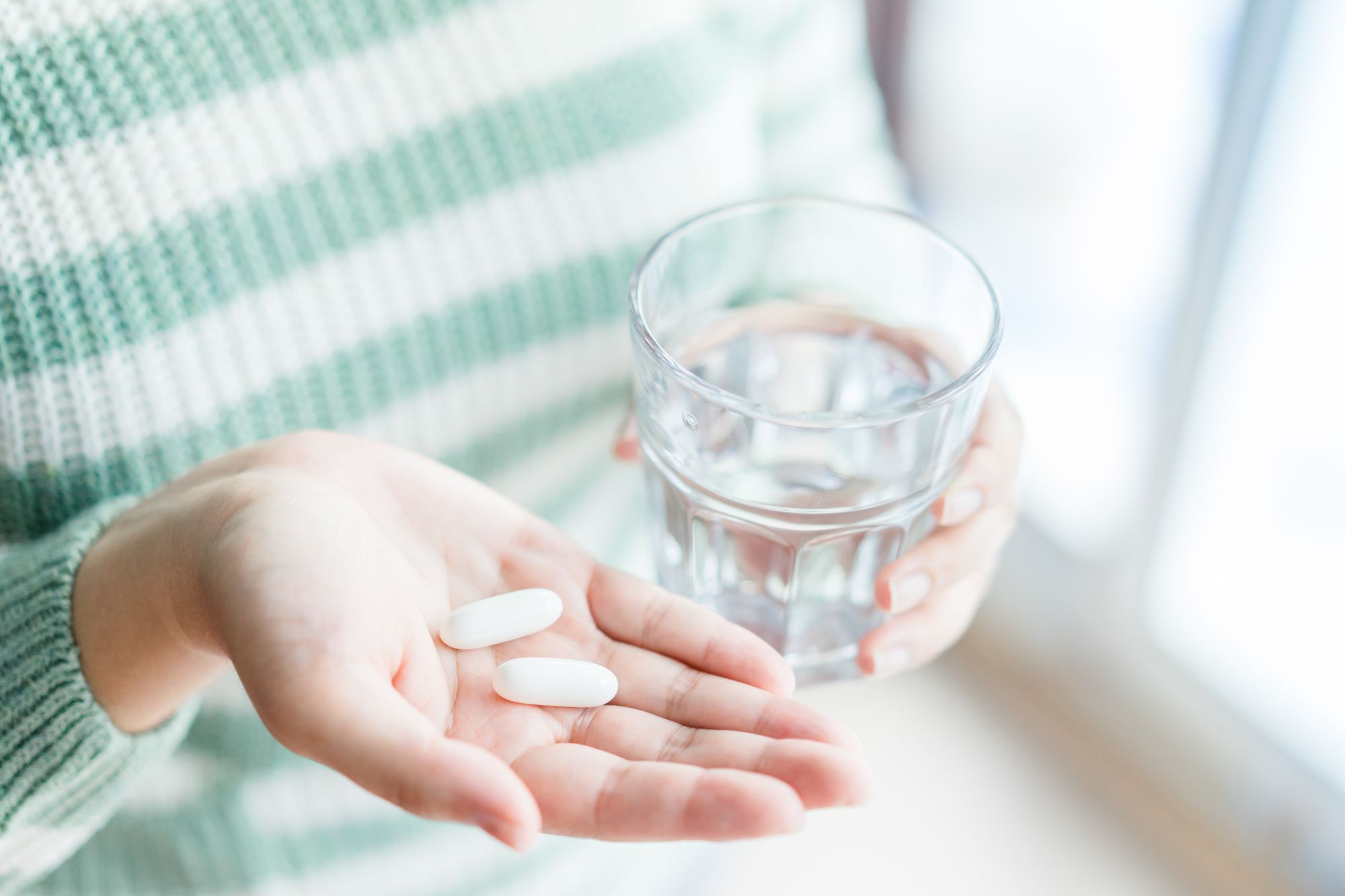
This article discusses the importance of calcium supplementation in one's 20s and why it should not be delayed until later years. Megan Wong, RD, at AlgaeCal, states that peak bone mass, the point at which the bones' density is at its highest, is reached between ages 25-30. Wong stresses the need to prevent osteoporosis and to reach the highest possible peak bone mass through calcium supplementation in one's late 20s.
Taking calcium supplements is essential for young women since menopause affects bone health, Wong explains. American Bone Health advises taking calcium supplements while eating and avoiding taking them with iron, which should not be consumed together.
Delaying calcium intake until later years can increase the risk of developing osteoporosis, which can cause fragile bones and fractures. Therefore, it is important to start calcium supplementation in one's late 20s to reach the highest peak bone mass and reduce the risk of developing osteoporosis.

